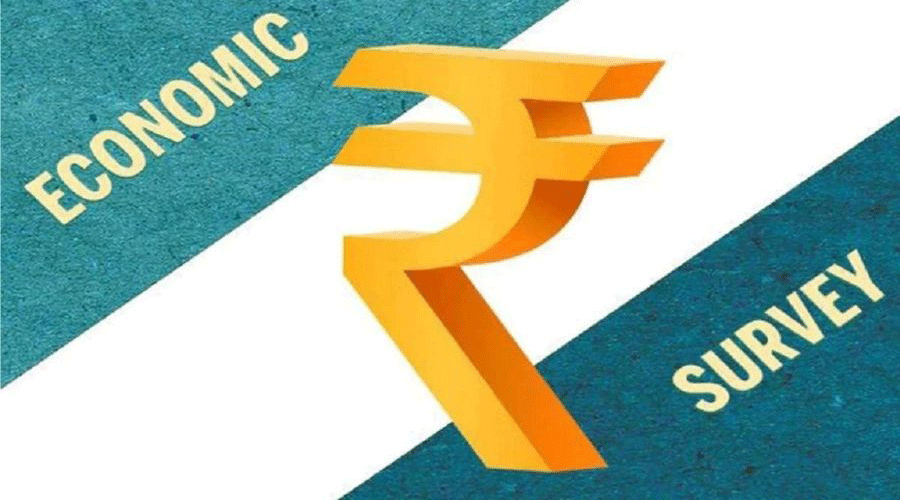This year’s Economic Survey was released amidst several stormy global headwinds such as higher inflation, the Russian invasion of Ukraine, and near-synchronised rate hikes by the major central banks. These impediments notwithstanding, there is an asymmetry in the analysis of the Economic Survey. The message seems to be that while global factors are responsible for all the problems encountered by the Indian economy, when it comes to economic buoyancy, domestically, India has been an island of excellence on account of domestic demand. The Economic Survey has been unduly self-congratulatory and has remarked that agencies worldwide continue to project India as the fastest-growing major economy in 2022-23. Incidentally, the International Monetary Fund’s Global Economic Outlook Update of January 2023, which was also released yesterday, noted that growth in India is set to decline in 2023.
Apart from these speculations on India’s growth being adversely affected, two other concerns have come out starkly in the Economic Survey. First, the rise in inflation requires focused attention. The Reserve Bank of India has projected headline inflation outside its target range — at 6.8% in 2022-23. It seems that not all is well with the Indian inflation targeting regime. The retail inflation rate peaked at 7.8% in April 2022. Retail inflation is mainly driven by higher food inflation. There needs to be some urgent soul-searching to address this stubborn challenge. Second, the Economic Survey is somewhat apologetic about start-ups leaving the country. It seems to have taken refuge in the phenomenon of ‘flipping’, which is the process of transferring the entire ownership of an Indian company to an overseas entity accompanied by the transfer of intellectual property rights and all data owned by the Indian company. Is the flipping phenomenon contrary to the oft-advertised improvement in India’s rank in the ease of doing business or the ‘Make in India’ campaign? Or is it in tune with the falling investment rate in the Indian economy over the last ten years? Such questions remained unanswered in the Economic Survey.
Despite being somewhat economical with the truth, this year’s Economic Survey has scored on one point. It saved citizens from having to read Volume I of erstwhile Economic Surveys which used to present soft research with catchy titles consistent with the ruling party’s position.











